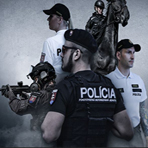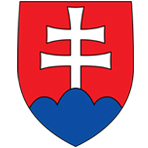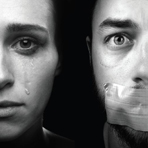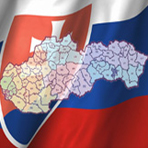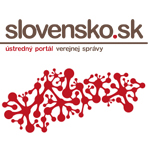Legal framework
A part of the Directive (2011/36/EÚ) was transposed into the Act No. 204 dated 25 June 2013 amending the Act No. 300/2005 Coll. the Criminal Code as amended and amending other acts (hereinafter referred to as “Criminal Code”). The amendment of the definition of the criminal offence of human trafficking stipulated in Article 179 of the Criminal Code introduced abduction as a new instrument and forced begging as a form of forced labour, and forced marriage as well as exploitation of criminal activities as new purposes. The above mentioned Act also amended the Criminal Procedure Code (Act No. 301/2005 Coll. the Criminal Procedure Code as amended) (hereinafter referred to as “Criminal Procedure Code”) which introduces conditions for increased protection of child victims with possibility to limit confrontation of child victims with offenders in case of the criminal offence of human trafficking or criminal offences against human dignity. The objective is to minimize the risk of secondary victimization of child victims and prevent the direct contact with perpetrator within confrontation. The amendment of the Criminal Code enables not to prosecute victims of human trafficking or sexual abuse and sexual exploitation and not to punish them for participating in criminal activities if they were forced to commit these activities in direct relation to being subject to any of the above mentioned acts. A special provision for termination of criminal proceedings by a prosecutor was introduced under Article 215 (2) (d) of the Penal Code. The Act No. 204/2013 Coll. came into force on 1 August 2013.
The basic merits of the criminal offence of human trafficking under Article 179 (1) of the Criminal Code read as follows:
„(1) Whoever with the application of fraudulent conduct, deception, the restriction of personal freedom, kidnapping, violence, threats of violence, threats of other grievous harm or other forms of coercion, by accepting or providing monetary fulfilment or other benefits in order to gain a person’s consent on whom another person is dependent, or the abuse of their position or vulnerability or otherwise vulnerable position, entices, transports, harbours, transmits or accepts another person, even with their consent, for the purpose of prostitution or other forms of sexual exploitation, including pornography, forced labour and services including beggary, slavery or practices similar to slavery, servitude, forced marriage, misuse for committing criminal activities, removal of organs, tissues or cells or other forms of exploitation shall be punished by a prison sentence of four to ten years.”
The National Unit of Combating Illegal Migration of the Bureau of Border and Alien Police of the Police Force Presidium (hereinafter referred to as „National Unit“) has been responsible for combating human trafficking at the national level since 1July 2013 and performs operational-search activities, gathers information and participates in detection and investigation of the mentioned crime. The National Unit has its specialised investigators for the field of human trafficking and ensures and coordinates cooperation with foreign services in the field of international organized crime connected with human trafficking as well as with state entities and third sector.



